
QANTAS & VIRGIN: What travellers need to know about the ban on power bank use on flights
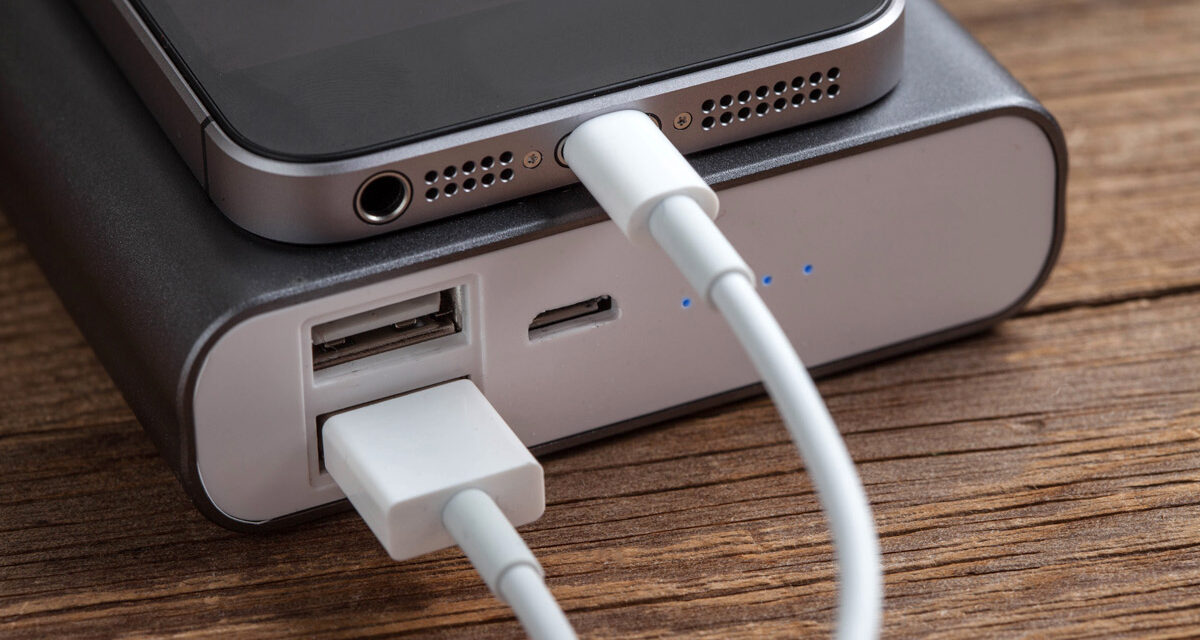
If you’re the sort of traveller who boards a flight with your phone at 23%, a laptop on life support, and a power bank the size of a small brick, brace yourself. Australian airlines, that’s Jetstar, Qantas, QantasLink and Virgin Australia, are banning the use of portable power banks onboard from December 2025.
Virgin Australia leads the charge from 1 December, while Qantas, Jetstar and QantasLink follow suit from 15 December. You’ll still be able to carry a power bank, but you won’t be allowed to use it, charge it, or stow it somewhere flight attendants can’t reach quickly.
Why? Because lithium batteries have been getting a little too hot and explosive lately.
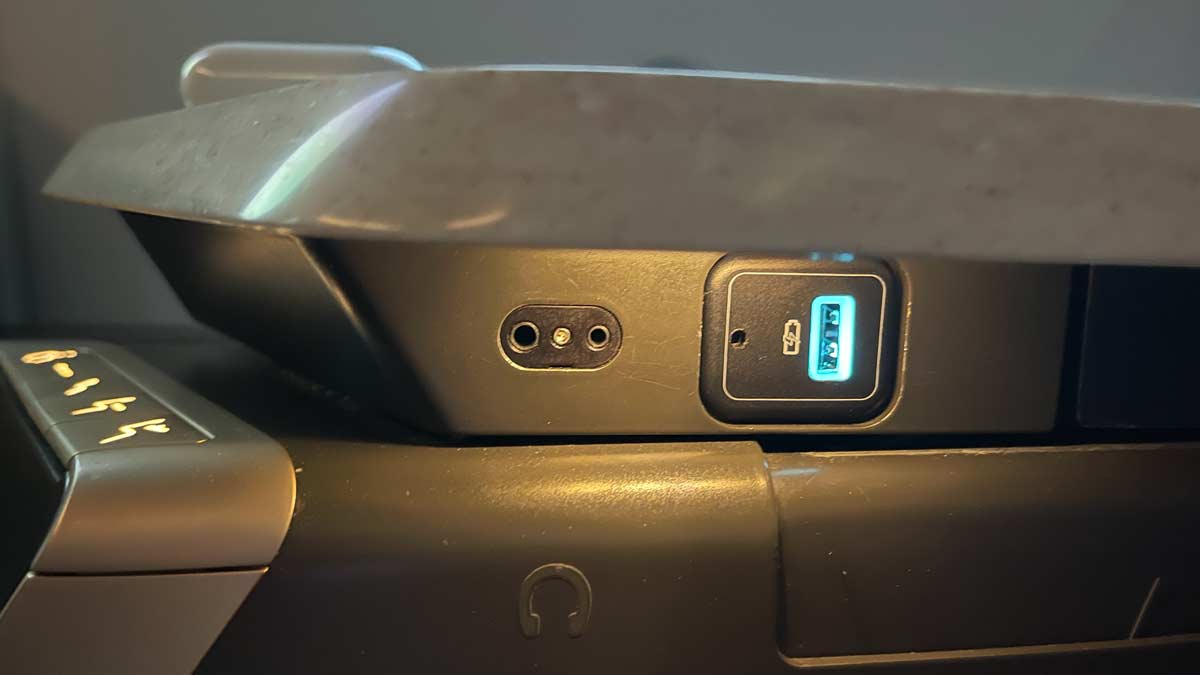
Why? Overhead lockers are on the attack
This isn’t a theoretical risk. In July, a power bank on a Virgin Australia Sydney–Hobart flight went up in flames while stored in the overhead bin. Smoke filled the cabin, one passenger suffered smoke inhalation, and flight attendants really had to earn their hazard pay.
This incident wasn’t isolated. Recent international scares include: a mid-air fire forcing an Air China flight to divert; an Air Busan aircraft destroyed on the ground after a power bank ignited, and action by Emirates, Cathay Pacific and Korean Air banning power-bank use earlier this year
Here in Australia, the Australian Transport Safety Board (ATSB) reports five in-flight fires involving power banks since 2016.
As Flight Attendants Association of Australia federal secretary Teri O’Toole bluntly puts it:
“These are very dangerous items in an aircraft… at the end of the day, it’s flight attendants who have to fight the fire.”
Fair point.
![Massive new overhead luggage bins allow up to 50% more on board storage, but Virgin won't be adjusting allowance. [Virgin Australia]](https://www.2paxfly.com/wp-content/uploads/2023/07/Virgin-Australia-737-8-interior2.jpg)
What to do with your power bank
You can bring up to two, but you must keep them within sight and easily accessible, think seat pocket or under the seat in front of you. Not buried in the overhead locker, and absolutely not in your checked bags.
While onboard you also cannot:
- Use the power bank
- Charge the power bank
- Plug the power bank into anything
- Hide it in a bag where crew can’t see or reach it
But there is some fine print depending on which airline you are travelling with. Virgin will still let you charge your devices using in-seat USB or AC power (if equipped). Qantas and Jetstar, however, go a step further and are banning all power-bank and battery charging, including via seat power.
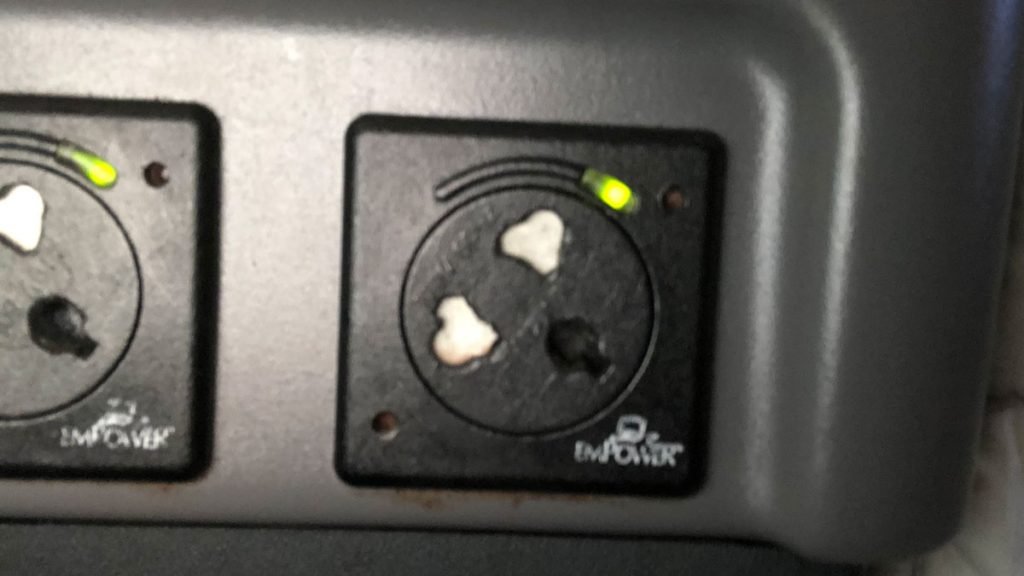
Why you should care and comply
This is a restriction that travellers should take seriously.
Lithium battery-related incidents are rising sharply. — The Australian Competition and Consumer Commission (ACCC) reports a 92% increase in fires and failures related to batteries between 2020 and 2022. That’s partially driven by a huge increase in the number of lithium-powered devices travellers now carry on aircraft. The average now is four per passenger. The ACCC has recalled 17 faulty power bank products since 2020, estimating that there are still 34,000 dodgy units still in circulation.
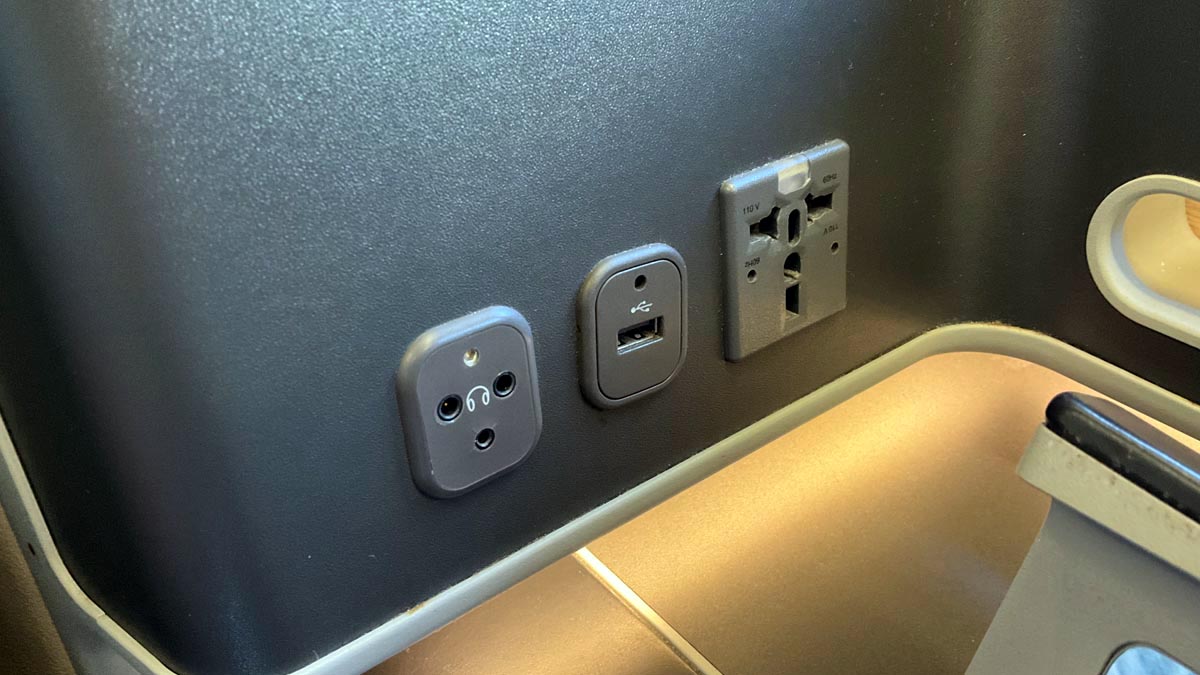
Before your next flight
Start by checking your power bank’s capacity if you intend to take it on board. Restrictions vary by airline:
- Virgin: unrestricted under 100Wh; 100–160Wh only with airline approval
- Qantas/Jetstar: up to 160Wh
You should also prepare for your flight by completing the following steps:
- Inspect your power bank for swelling, damage, or crappy construction – discover any of these, and don’t take it onboard.
- Charge your devices pre-flight
- Carry power banks as a personal item, not your checked luggage.
- Gate agents will enforce these rules, so be prepared
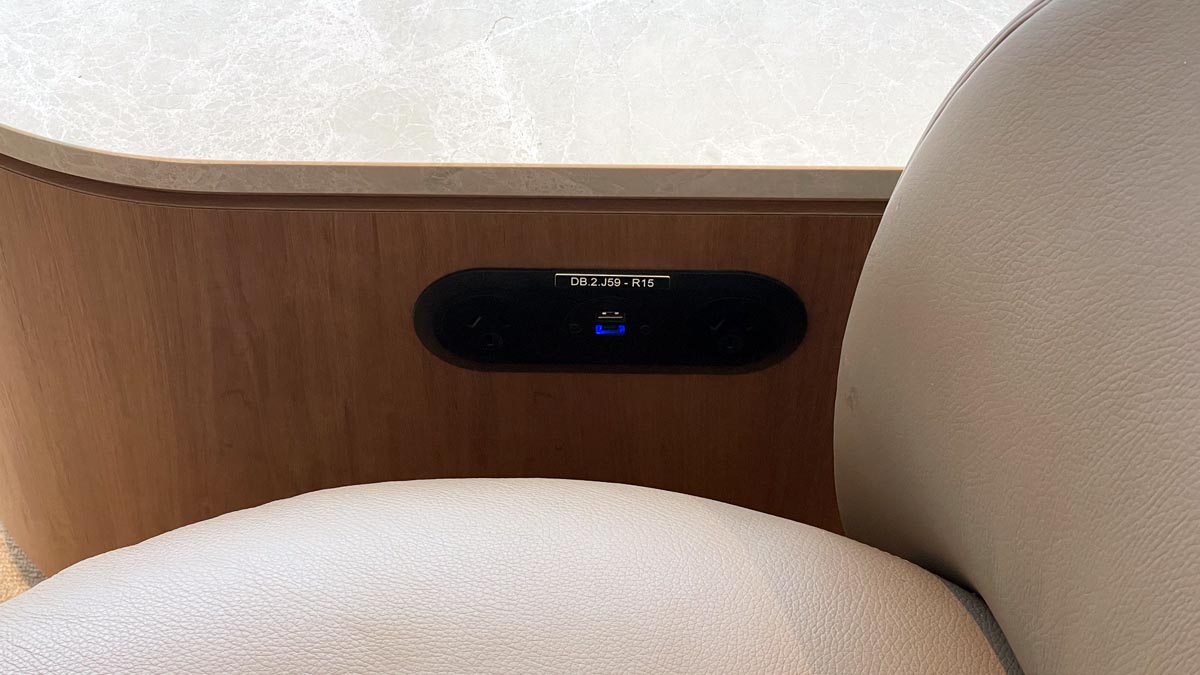
Power bank rules: Qantas vs Virgin Australia
We are making it easy for you with the below ready reckoner, showing the slightly different rules that apply by airline:
| Rule | Qantas / Jetstar / QantasLink | Virgin Australia |
|---|---|---|
| Effective Date | 15 December 2025 | 1 December 2025 |
| Power Bank Use | Prohibited | Prohibited |
| Charging Onboard | Prohibited, including using in-seat USB/AC | Prohibited, but in-seat USB/AC may still charge other devices |
| Max Allowed | 2 units | 2 units |
| Capacity Limits | ≤160Wh | ≤100Wh OK; 100–160Wh with approval; >160Wh banned |
| Storage Rules | Seat pocket / under seat / accessible overhead | Must be easily accessible (seat pocket or under seat); overhead discouraged |
| Checked Baggage | Prohibited | Prohibited |
Table based on this one at ABC News chart
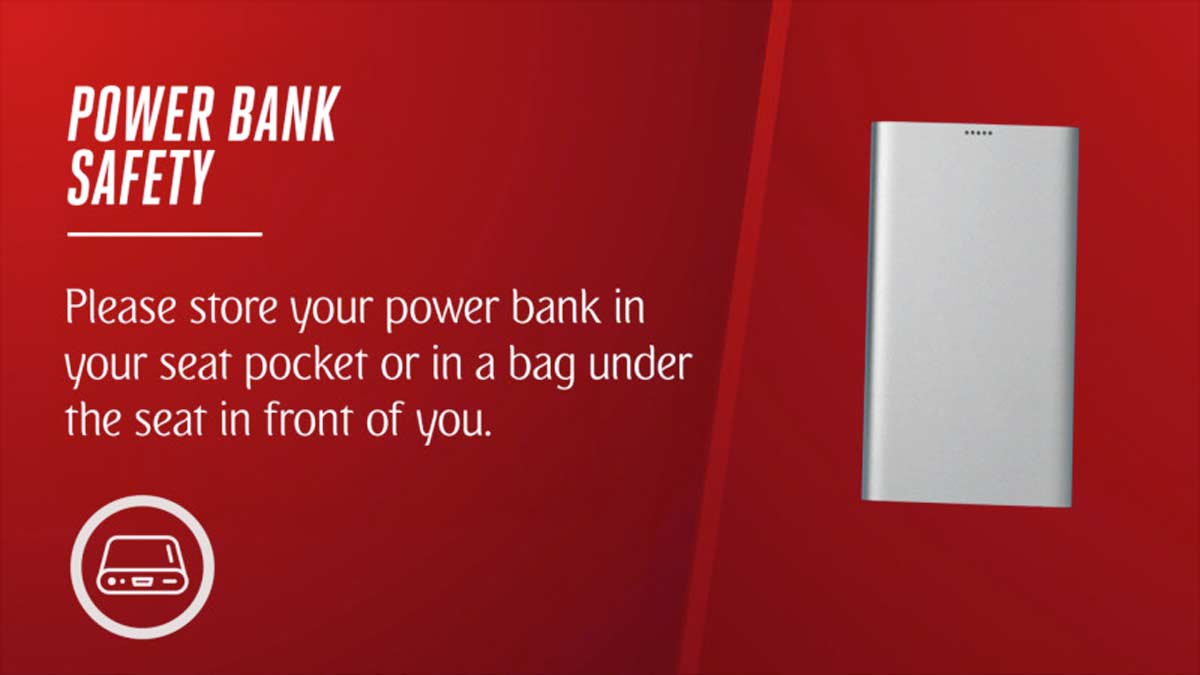
2PAXfly Takeout
Well, this is no surprise. Airlines across the globe have been introducing a range of restrictions over the last year or so.
It’s a pity that the two major Australian airline groups couldn’t have cooperated and adopted the same rules, so passengers don’t have to remember which rules apply to which airlines before they board. By not being consistent, they are asking for government regulators to come in and impose their own consistent rules.
Personally, I avoid power banks and don’t own one. There is already enough lithium in all my other devices! However, if you do have cause to use one, then regard the guidelines above as hard and fast rules, and act accordingly.

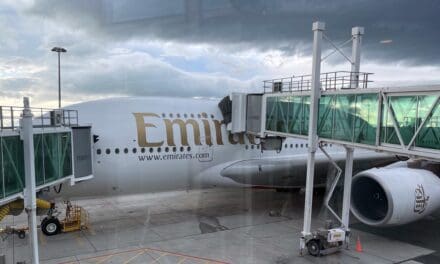
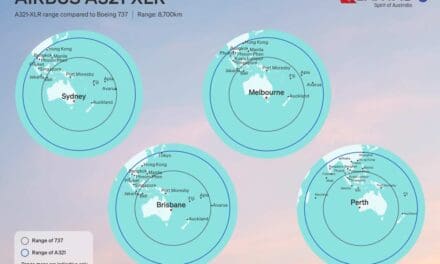
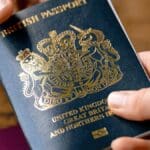







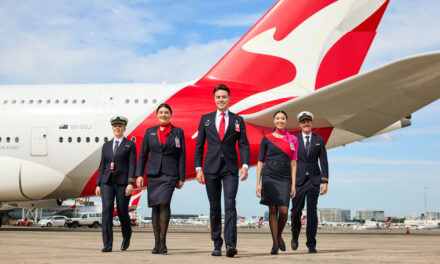
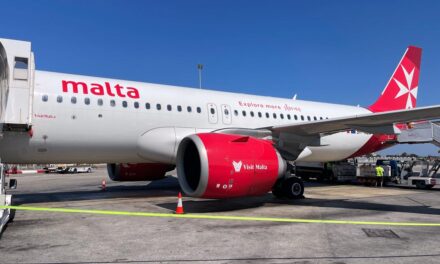





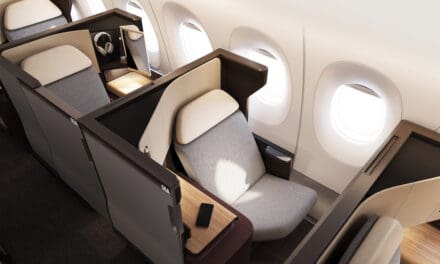






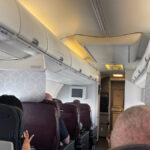

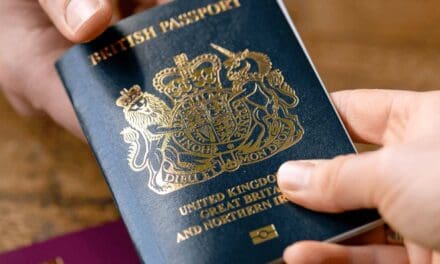

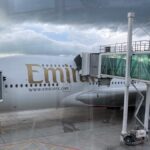


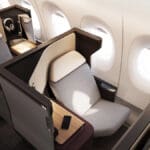


What did you say?